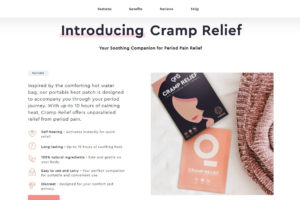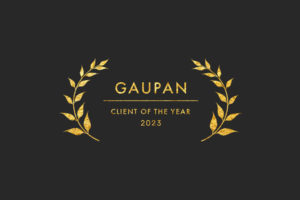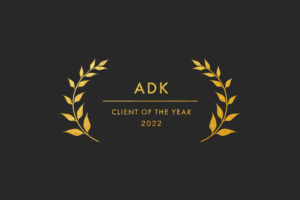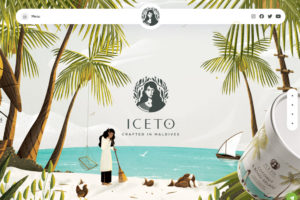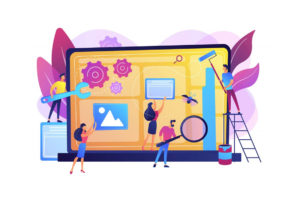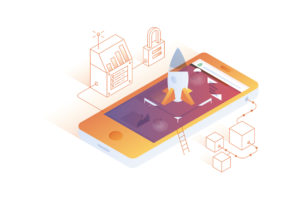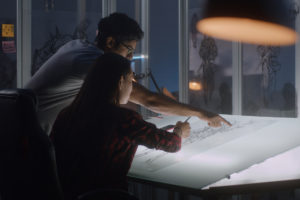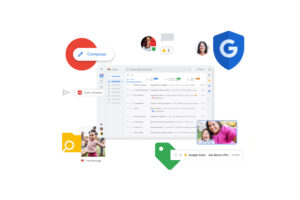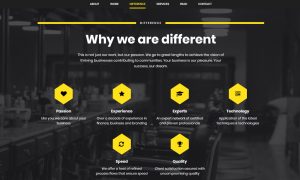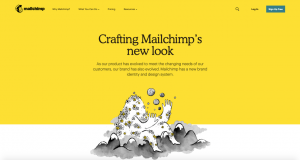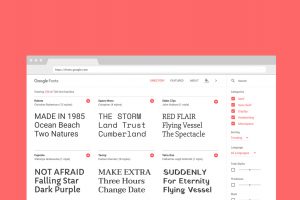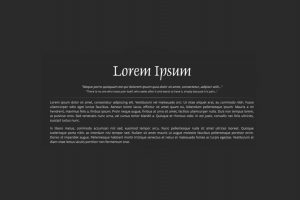How to get what you want as a client
We all know that are a lot of conversational back and forth is necessary between a designer/developer and their client during the progression of any given job or task. This is important, and it is usually the natural path to it. But knowing your part as a client and acting the part, can project better results on the long run. In fact, here at Hals & Hounds we reward clients that follow these etiquettes and maintain a good relationship with us. Check out our Client of the Year Awards.
Having better etiquette as a client can go a long way, and we are certain you would not want your products to be less than perfect. So here are some ways you could do your part as a client.

Know what you want
You are losing valuable time, and so is the clerk because they could have cleared your items and a few more.
This is common when clients show up to meetings and fail to fully address or express what is it that they genuinely want out of the project.
Of course, is it not a must and not even necessary for you as a client to have it sketched out in minute detail on a paper or have it all mapped out to the T. You simply need to first be certain of exactly what kind of product you want or what it is that you are seeking to achieve with it.
For instance, have an idea of what type of a background with what objects you want for a specific product. Then leave the rest of the tidbits for the designer/developer to work their way through, with mutual understanding.

Consideration is key
Here is why; when the project progresses from that initial meeting where you both exchanged on how the project can be commenced, it has since entered a more detail-oriented phase.
This is where you should also understand that designers/developers, maintain an open-mindedness towards their customers and passivity. Not that they are relishing their creativity, but because they wish for their clients to be open to them about what changes they wish to see.
Micro-managing and overly critiquing work that is not even the final, can hurt the process and the resulting product. So, as they say, relax and be kind. They are nurturing your baby, yes! But they are intellectual professionals of the field. Have faith!

Entitlements are the bane of a good Relationship
Now, place that notion on a more professional scenario where you are acting like the entitled client who is not only micro-managing the entire process but also heavily criticizing a professional’s work choice. This would rub the designers/developers the wrong way.
Now, many of us have heard ‘the customer is always right’; but it still does not make it relevant or applicable every time. True that it is a common, tried-and-true principle that many designers/developers are happy with. But that notion, if accompanied with another statement will make you more humble as a client. It is food for thought.
“I hired them because I could not have done it myself”

A grateful client, is a great client
That latter statement implies that the hiring of a creative professional, giving them a significant task on which they spent countless hours – do not warrant a prompt pay to them in your opinion. But what would you feel when your employer does not pay you on time?
If you are a business owner, how would you feel if your clients do not settle their payments on time?

Same goes to this professional and collaborative relationship where you or the designers/developers possess equal prowess of incrementing or depleting the ties. Your consideration and commitment as a client can be what a driving force for a happy designer/developer and can help foster better work and turnarounds – or even more.
It helps a great deal when you ‘step into their shoes’ and think profoundly about it.

